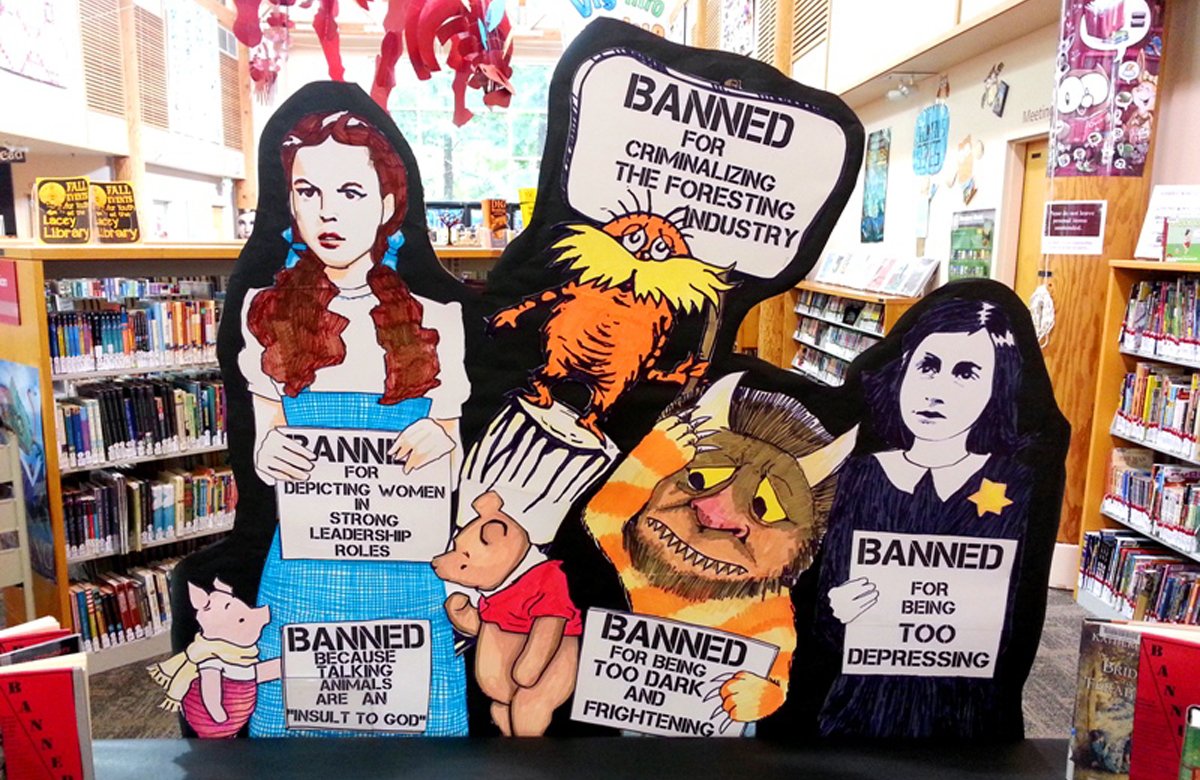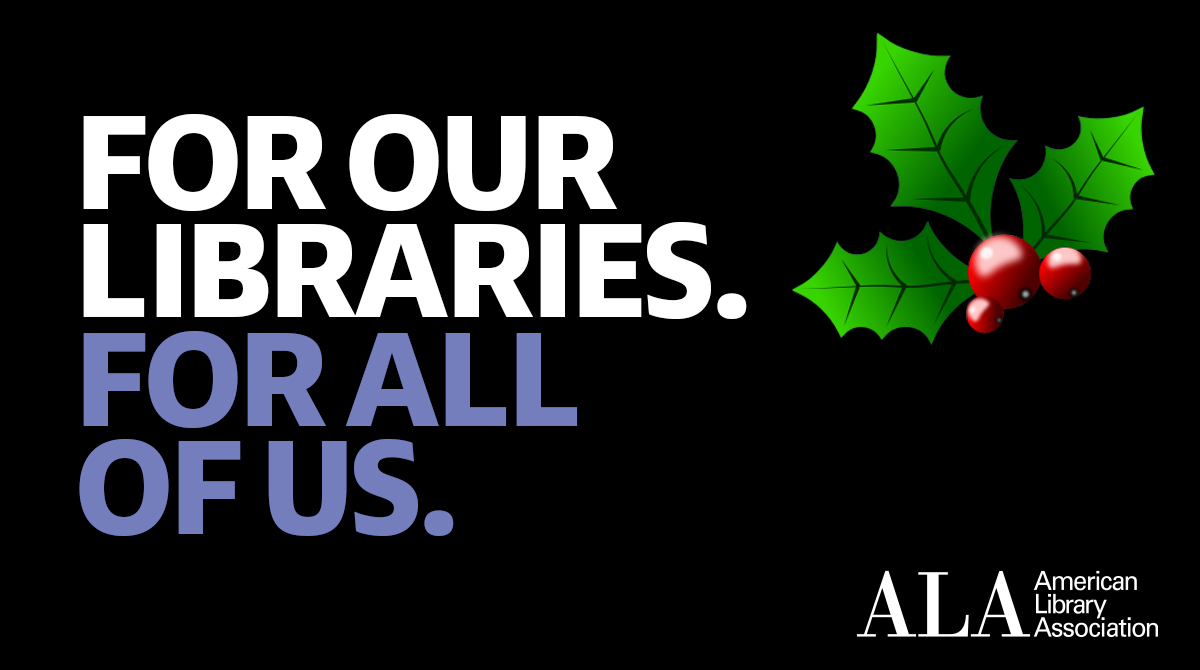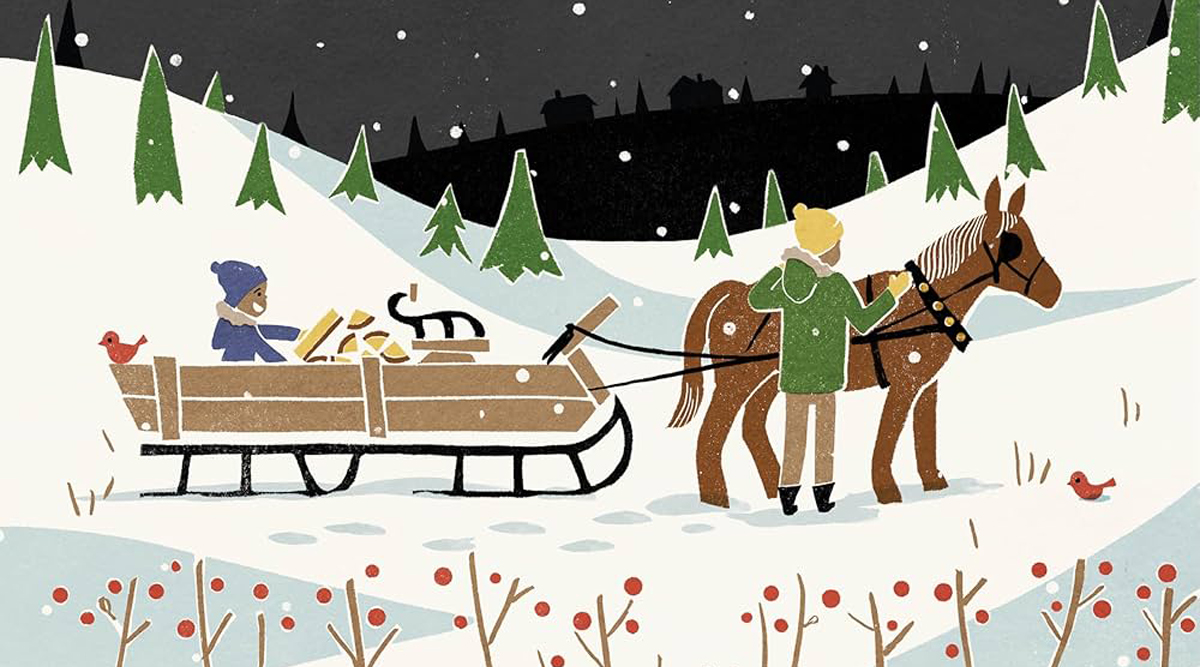“Fiction is a mirror to reality, and if kids do not see themselves in what they read, they may doubt themselves, their identities, and the validity of their very being. Fighting book bans is like fighting any form of censorship or authority attempting to dictate what is right and wrong. To ban a book is to close off all discussion. Even the most harmful of books can be a means of conversation about why they are bad. Banning books suggests that there is an inherent moral value that we must hold books to, which also stifles creativity.” -BookTokker Lewis Hughes.
Teen Vogue recently spoke with young authors, readers, teachers, and activists about the banned books that have made an impact on their lives and why it’s important to fight against censorship, especially now. Their testimonies and book choices are inspiring and personal.
Lauren Crowe, a former teacher from North Carolina who was almost fired from her job for promoting LGBTQ+-friendly books in her classroom, chose Laurie Halse Anderson’s Speak, saying that it has the power to save lives.
“The fact that this book saved my life and is banned in many schools and libraries across the country doesn’t break my heart, it infuriates me,” Crowe said. “I was sexually assaulted at the end of eighth grade. I was so ashamed and terrified that I didn’t tell anyone for years. The protagonist of Speak [by Laurie Halse Anderson], Melinda, was raped going into her freshman year of high school. I wonder what it would have been like to read her words, to see that someone else was scared of what had happened to them.”
Twelve-year-old author, activist, and actor Kai Shappley said reading Angie Thomas’s The Hate U Give allowed her to learn about experiences and lives that she might not otherwise be exposed to.
“The Hate U Give was hard for me to read because hearing stories about other people’s experiences that are so different from my own can challenge me and my beliefs,” said Shappley. “The Hate U Give made me more aware of my own privilege and with that it also made me feel responsible to do more as an ally to a marginalized community.”
Author Tony Weaver Jr. said that Holes by Louis Sachar helped him feel less alone in his youth.
“When I was younger, I felt left out and unlucky, just like the protagonist Stanley Yelnats [in Holes by Louis Sachar],” said Weaver. “Reading about him finding community among the zany outcasts of D-Tent at Camp Green Lake left an impact on me. Since the book’s release in 1998, there have been multiple attempts to ban it because of its language and clear illustrations of the impact of racism across generations. But it’s always been a story that stuck with me.”
Weaver summed up how many people around the world feel about the current book-banning crisis.
“If the concerted effort to ban access to books is not met with equal resistance, there will be significant ramifications for readers and writers in the near future,” Weaver said. “This issue is about more than the state of public opinion, it’s about protecting access to stories rooted in truth and representation. If we give people the ability to remove books from the public canon because they are discomforted by their contents, where will we draw the line? How long until the darker parts of America’s history are omitted from classrooms entirely? How long until authors of color start to lose opportunities? And, more grimly, how long until publishers start removing these things from books proactively. If we don’t fight now, we won’t have the option to later.”
Read all of the testimonies and more at Teen Vogue.
Want to get involved? Visit Banned Books Week online for resources, events, and more to help in the fight against censorship.
Photo: Timberland Regional Library, CC BY-NC-ND 2.0 DEED.




